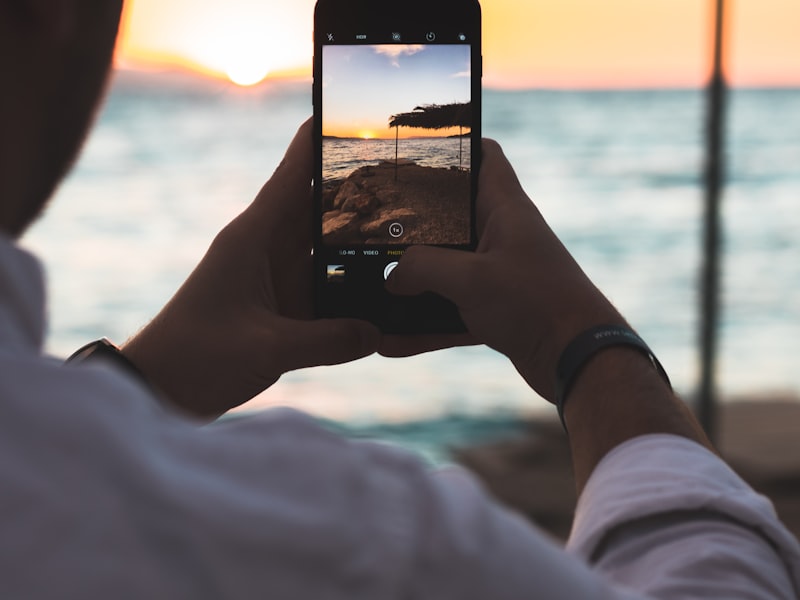By Stephen Nellis
July 28 (Reuters) - On Wednesday, Apple Inc Chief Government Tim Cook will face questions from U.S. lawmakers about whether the iPhone maker's App Store practices give it unfair power over unbiased software builders.
Apple tightly controls the App Store, which types the centerpiece of its $46.3 billion-per-12 months services enterprise. Builders have criticized Apple's commissions of between 15% and 30% on many App Retailer purchases, its prohibitions on courting prospects for outside indicators-ups, and what some developers see as an opaque and unpredictable app-vetting process.
But when the App Store launched in 2008 with 500 apps, Apple executives seen it as an experiment in providing a compellingly low commission fee to attract builders, Philip W. Schiller, Apple's senior vice president of worldwide marketing and prime executive for the App Store, informed Reuters in an interview.
"One of the issues we got here up with is, we will treat all apps in the App Retailer the same - one set of rules for everybody, no special deals, no special terms, no particular code, every thing applies to all builders the identical. That was not the case in Computer software program. game servers thought like that. It was an entire flip around of how the whole system was going to work," Schiller mentioned.
In the mid-2000s, software program offered by way of bodily shops involved paying for shelf space and prominence, costs that could eat 50% of the retail value, mentioned Ben Bajarin, head of shopper technologies at Creative Methods. Small developers couldn't break in.
Bajarin mentioned the App Store's predecessor was Handango, a service that round 2005 let builders deliver apps over cellular connections to users' Palm and other gadgets for a 40% fee.
With the App Store, "Apple took that to an entire other level. And at 30%, they had been a better worth," Bajarin said.
However the App Store had guidelines: Apple reviewed each app and mandated using Apple's personal billing system. Schiller mentioned Apple executives believed customers would feel more confident buying apps if they felt their fee information was in trusted arms.
"We expect our clients' privateness is protected that method. Imagine when you needed to enter credit playing cards and funds to each app you have ever used," he said.
Apple's rules began as an internal listing however had been published in 2010.
Through the years, developers complained to Apple about the commissions. Apple has narrowed where they apply in response. In 2018, it allowed gaming companies resembling Microsoft Corp , maker of Minecraft, to let users log into their accounts as lengthy because the games also supplied Apple's in-app funds as an possibility.
"As we had been talking to a few of the largest sport builders, for instance, Minecraft, they stated, 'I completely get why you want the user to have the ability to pay for it on gadget. However we now have numerous users coming who purchased their subscription or their account somewhere else - on an Xbox, on a Pc, on the internet. And it is a giant barrier to getting onto your store,'" Schiller mentioned. "So we created this exception to our own rule."
Schiller mentioned Apple's minimize helps fund an extensive system for developers: Thousands of Apple engineers maintain secure servers to deliver apps and develop the instruments to create and test them.
Marc Fischer, the chief executive of mobile technology firm Dogtown Studios, mentioned Apple's 30% fee felt justified in the early days of the App Store when it was the value of world distribution for a then-small company like his. But now that Apple and Alphabet Inc's Google have a "duopoly" on mobile app shops, Fischer said, fees needs to be a lot decrease - possibly the same as the only-digit charges payment processors charge.
"As a developer you haven't any choice however to accept that charge," Fischer mentioned. (Reporting by Stephen Nellis in San Francisco; Modifying by Greg Mithcell and Steve Orlofsky)
